In this episode, Ángela Aurora, a Salvadoran journalism professor and visiting scholar at the Tom & Ethel Bradley Center, interviews Julia Gavarrete, a Salvadoran journalist working for the digital newspaper El Faro. They discuss, in Spanish, the growing criminalization of journalism in El Salvador, the use by the administration of the current Salvadoran President Nayib Bukele of spyware to monitor journalists' phones and computers, and more broadly about the present state of emergency that, in the name of the war on gangs, has justified the repeal of basic rights. Since April the state of emergency has allowed authorities to intercept communications, suspend constitutional rights, including freedom of assembly and due process, and has granted broad powers to arrest hundreds of people without evidence. In the last eight weeks, authorities claim to have made over 31,000 arrests. Aurora and Gavarrete explain how this lack of accountability and unchecked executive power is having particularly grim consequences for those living in the most impoverished communities.
This episode was produced by Marta Valier.
You can take a look at the Tom & Ethel Bradley Center’s photos on El Salvador by Richard Cross here and you can watch two video clips of the Center’s oral history interview with Óscar Martínez, one of the founders of El Faro on our YouTube channel. One clip is about his experience covering politics for La Prensa Gráfica and why he abandoned the newspaper, and in the second clip, he explains how the Zetas operate in Mexico.

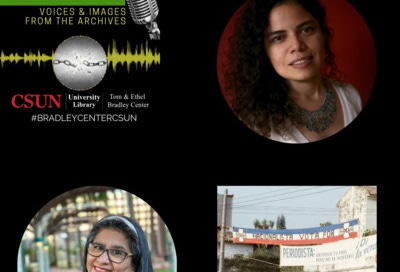



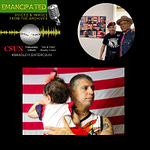
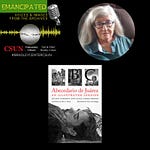
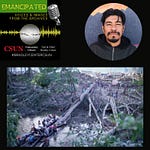
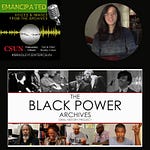
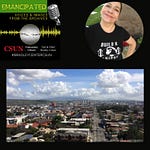
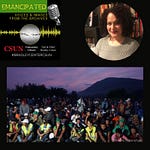
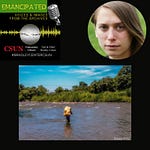
Share this post